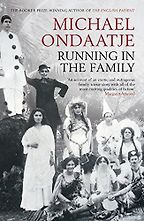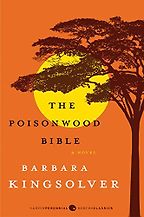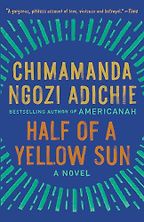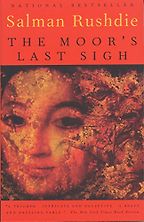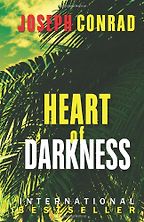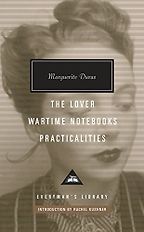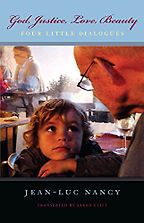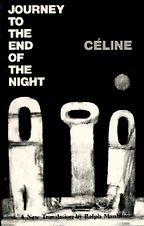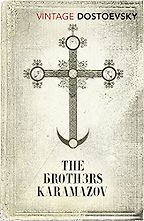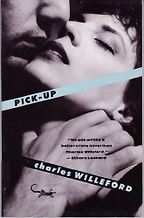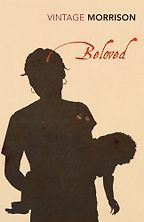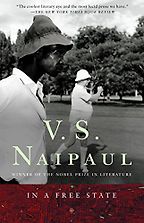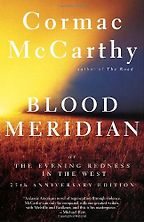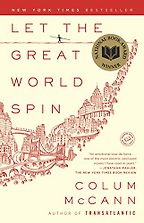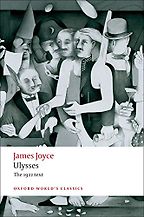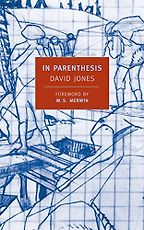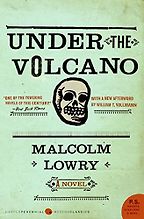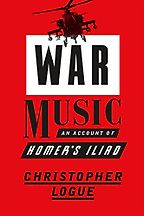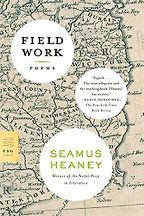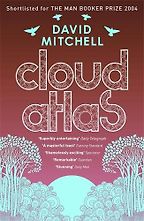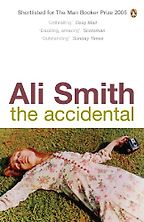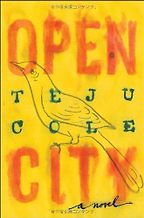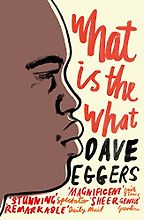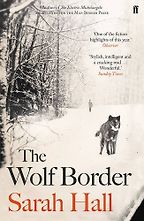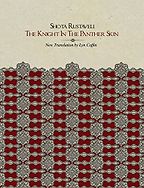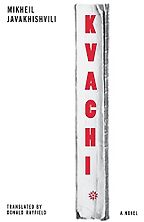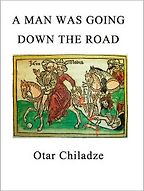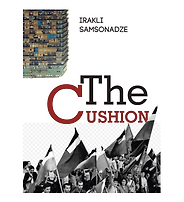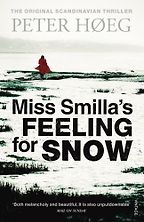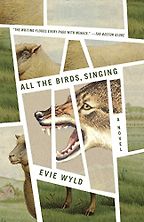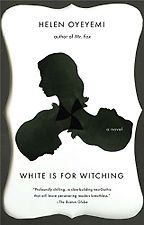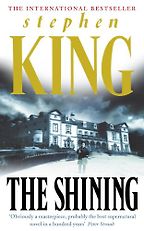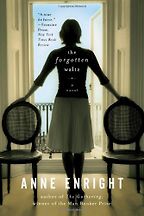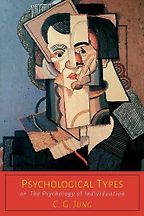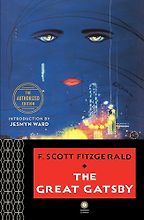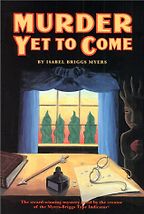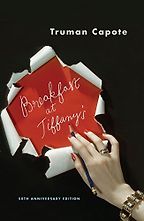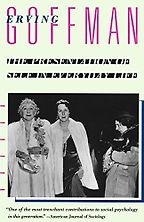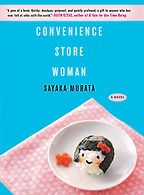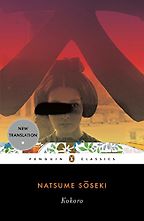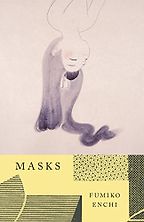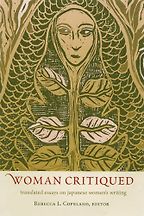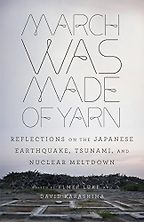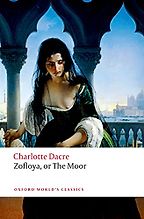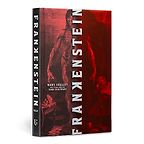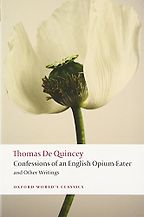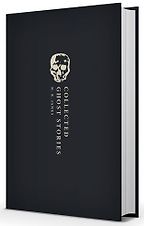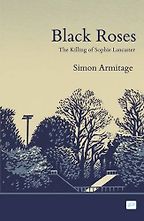The Best Fiction Books
Last updated: December 22, 2024
The best books on Displacement, recommended by Michelle Jana Chan
A sense of displacement is at the heart of many of our greatest works of literature. Here Vanity Fair travel editor Michelle Jana Chan discusses five brilliant novels dealing with this theme that influenced her debut Song.
Rachel Kushner on Books That Influenced Her
Rachel Kushner, author of The Flamethrowers and The Mars Room, which has been shortlisted for the 2018 Man Booker Prize, discusses the five books that have most influenced her writing, from Dostoyevsky to Marguerite Duras. She muses on the question of what fiction can offer: “A novel itself, if it is good, and effective at whatever its particular aesthetic and philosophical aim is, can answer the question best, so that a novelist doesn’t have to.”
Esi Edugyan on Books That Influenced Her
Canadian author Esi Edugyan, whose novel Washington Black is shortlisted for the 2018 Man Booker Prize, picks five books that have inspired her novels, and shares wisdom on what it means to read fiction today
Robin Robertson on Books that Influenced Him
“That’s what writing is: a struggle with oneself.” Scottish poet Robin Robertson—author of the verse novel The Long Take, shortlisted for the 2018 Man Booker Prize—lists the five works that have most influenced his writing, from Ulysses to Heaney.
The Best Contemporary Fiction, recommended by Robert Eaglestone
The novel is no longer the king of the narrative arts, says the writer and academic Robert Eaglestone. Yet literature has never been more interesting. Here he discusses five excellent novels that exemplify current trends in contemporary fiction.
-

1
The Knight in the Panther Skin
by Lyn Coffin (translator) & Shota Rustaveli -

2
Kvachi
by Donald Rayfield (Translator) & Mikheil Javakhishvili -

3
A Man Was Going Down the Road
by Donald Rayfield (Translator) & Otar Chiladze -

4
The Lame Doll
by Ani Kopaliani (translator), Besik Kharanauli & Timothy Kercher (translator) -

5
The Cushion
by Elizabeth Heighway (translator), Irakli Samsonadze & Philip Price (translator)
The Best of Georgian Literature, recommended by Gvantsa Jobava
The Best of Georgian Literature, recommended by Gvantsa Jobava
How does a country left in ruins by 70 years of Soviet oppression rebuild its literature? It starts from scratch and breaks all the rules. Gvantsa Jobava reveals the riches of Georgian literature, from 12th-century feminist epics to radical, experimental accounts of a post-Independence underworld
Daisy Johnson on Books That Influenced Her
Daisy Johnson—short story writer, novelist, and the youngest author to be shortlisted for the 2018 Man Booker Prize—chooses the five books that most inspired her novel Everything Under and shares some of her writing rituals and philosophy.
The best books on Personality Types, recommended by Merve Emre
Since its birth in the early twentieth century, the Myers-Briggs Type Indicator (MBTI) has become the most popular personality test in the world. Here, Merve Emre, author of the new book The Personality Brokers: The Strange History of Myers Briggs and the Birth of Personality Testing, recommends five books that reveal how the language of ‘type’ has seeped into the marrow of American civic institutions and social life—from Fortune 500 companies to Breakfast at Tiffany’s.
The Best Modern Japanese Literature, recommended by Linda Flores
To the western eye, Japan often appears as a surprising combination of very advanced development, and extreme cultural peculiarity. Linda Flores, Associate Professor of modern Japanese literature at the University of Oxford, guides us through this discovery with five great works of modern Japanese literature.
The best books on The Gothic, recommended by Nick Groom
‘The Gothic’ can refer to ecclesiastical architecture, supernatural fiction, cult horror films and a recent subculture. Here, Nick Groom—who is professor in English at the University of Exeter and is also known as the ‘Prof. of Goth’—recommends five of the best books on the Gothic, showing how this term remains central to the way we think of our identities today.
